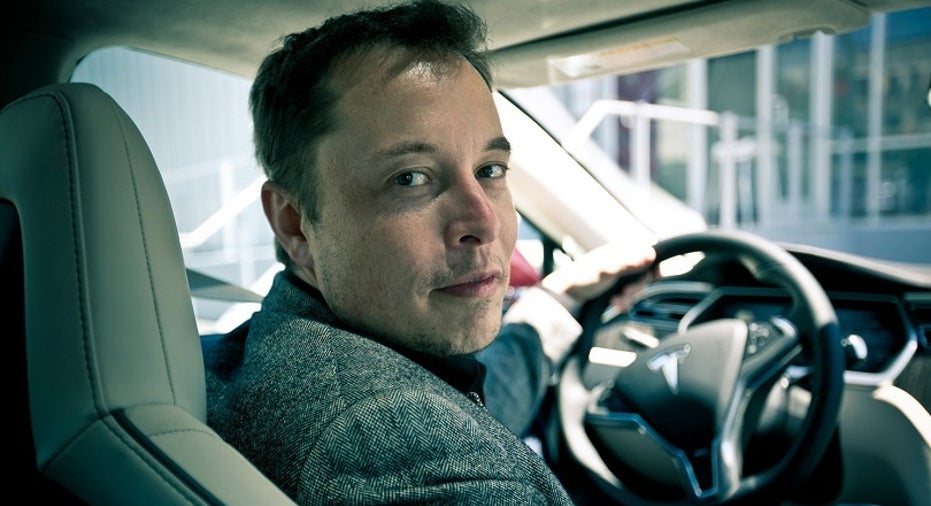Musk Issues Warning About 'Super AI'

Two years ago, Elon Musk famously said that artificial intelligence is "summoning the demon." On Wednesday night, he had a chance to clarify that statement, but the Tesla and SpaceX chief still has some concerns.
Onstage at the Code Conference, Musk said it's very important that AI "not be concentrated in the power of a few." He pointed to Open AI, an open-source AI research company, as something that will help democratize the technology.
The goal of AI is "really just about trying to increase the probability that the future will be good," Musk said. If it gets into the hands of a despot, though, it could be disastrous.
"If AI power is widely distributed, and there is not one entity that has some super AI that is a million times smarter than anything else," it can be used for good, he aruged. "If instead AI power is broadly distributed...we can link AI power to everyone's will."
"Everyone would have their AI agent [and] the collective will of others can overcome that bad actor," he mused.
Who might be pursuing that evil super AI? "There is only one," Musk replied rather mysteriously, refusing to elaborate and repeating that phrase when pressed.
This might all be a moot point if we're living inside a simulation, of course.
When asked his thoughts on the possibility, Musk acknowledged that it's something he's thought a lot about. He wasn't quite ready to say that we are indeed pawns inside a simulation, but "there's a one in billions chance we're in base reality," he said, pointing to the fact that "we're on a trajectory to having games that are indistinguishable from reality."
In fact, "we're already a cyborg," Musk said, given that much of our lives are online. If we become too advanced, we run the risk of becoming like a pet to our AI. "I don't love the idea of being a house cat," Musk quipped.
When asked about his rivals, meanwhile, Musk said Apple's rumored self-driving car could be a worthy competitor to Tesla.
"I think they should've embarked on this project sooner," Musk said. "They don't share with me the details of their production plans," he joked, adding on a more serious note that consumers likely won't see an iVehicle until at least 2020.
Despite what Musk called a "missed opportunity," he considers Cupertino competition. "I think they'll probably make a good car and probably be successful," he said.
Google, meanwhile, is less of a concern. "Google's done a great job of showing the potential of autonomous transport," Musk told the crowd. "But they're not a car company, so they would potentially license their technology to other companies."
Case in point: Google and Fiat Chrysler Automobiles recently partnered to integrate self-driving software into 2017 Chrysler Pacifica Hybrid minivans
This article originally appeared on PCMag.com.



















